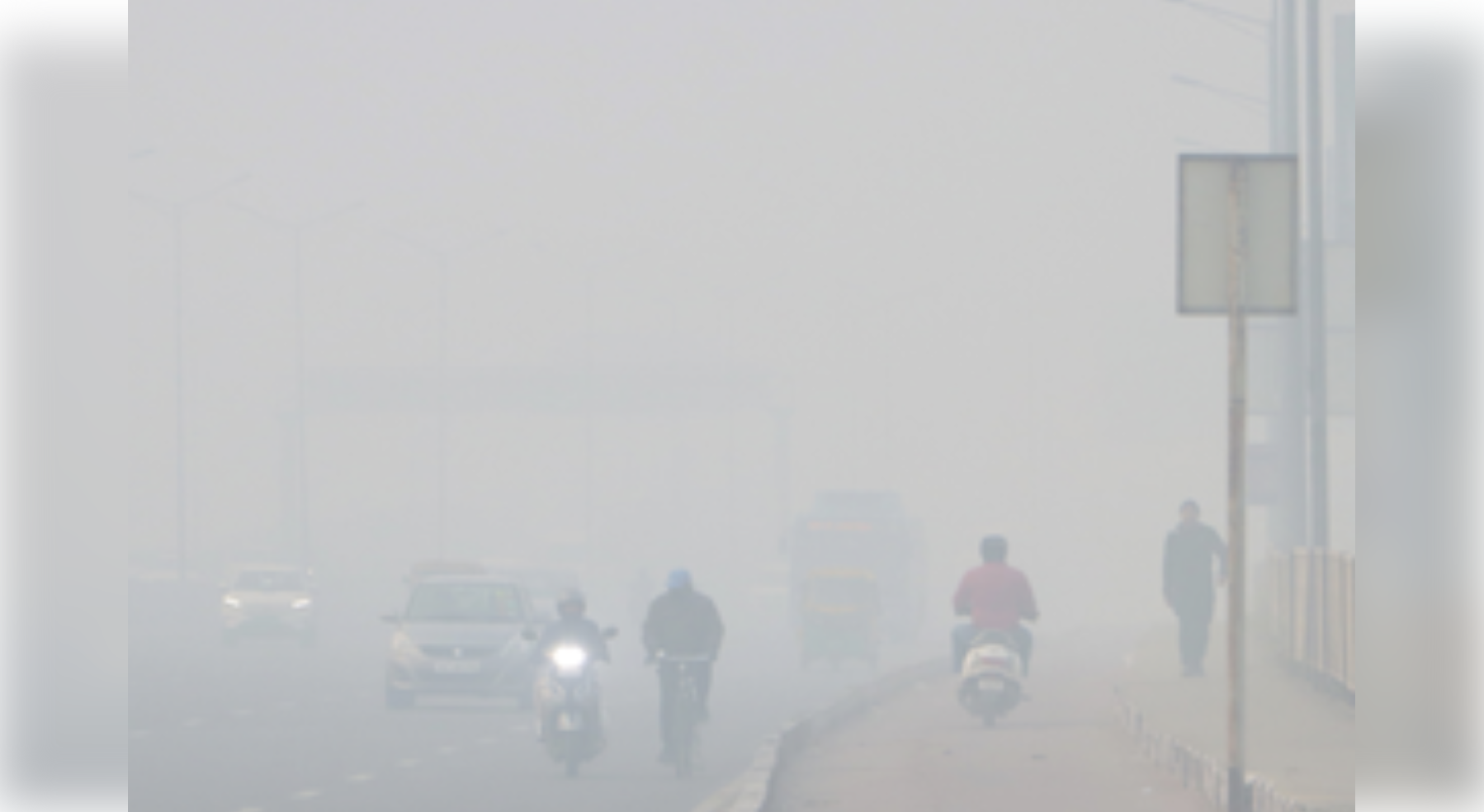Delhi is reeling under a severe cold wave, with the temperature dropping to 9 degrees Celsius early Sunday morning. Brisk winds at 16 km/h have intensified the chill, leaving residents braving the biting cold.
The India Meteorological Department (IMD) issued an alert for dense fog during the morning hours, warning of significantly reduced visibility across the city. Smog and shallow fog were expected to linger into the evening and night, further deteriorating air quality and visibility.
The dense fog disrupted daily life in the national capital, particularly for commuters. Flight operations at Indira Gandhi International Airport (IGIA) were severely affected, with delays reported for aircraft lacking advanced CAT III navigation systems.
While the Delhi International Airport Limited (DIAL) reassured passengers that landings and takeoffs were continuing, it cautioned that non-CAT III-compliant flights might experience delays. Travellers were advised to stay in touch with their airlines for real-time updates on flight schedules.
Railway services faced severe disruptions at New Delhi Railway Station, where multiple trains reported significant delays due to near-zero visibility. On the roads, motorists navigated through a thick blanket of fog with extreme caution, causing inevitable congestion in several parts of the city.
On Saturday, the city recorded unprecedented weather conditions as visibility dropped to zero for an extended nine-hour stretch—the longest duration of such dense fog this winter season. The IMD has forecast a maximum temperature of 18 degrees Celsius and a minimum of 10 degrees Celsius for Sunday, with partly cloudy skies expected later in the day.
Looking ahead, meteorologists predict a fresh Western Disturbance between January 10 and 12, which could bring light rainfall to northwest India, including Delhi. While this may offer some relief from the persistent smog, it is unlikely to cause a significant rise in temperatures.
As Delhi battles these harsh weather conditions, residents are urged to stay warm and exercise caution while travelling, particularly during early mornings and late evenings when the fog and cold are most severe.
(Inputs from IANS)




















